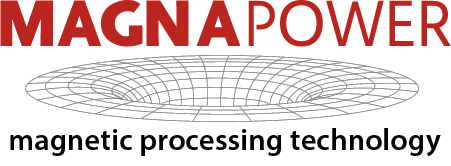Compaction tables are specialized industrial devices designed to apply controlled vibration to compact and settle bulk materials within containers, moulds, or other forms. These tables consist of a flat surface mounted on vibration-generating mechanisms, such as motors or pneumatic drives, which create oscillations that evenly distribute and densify materials. Commonly used in industries such as construction, pharmaceuticals, food processing, and manufacturing, compaction tables ensure that materials like concrete, powders, granules, and other particulate substances achieve maximum density and uniformity. This process is critical for enhancing the structural integrity, quality, and stability of the final product.

The use of compaction tables offers several significant advantages in industrial operations. By eliminating air pockets and voids within the material, these tables improve the consistency and strength of the compacted product, which is particularly important in applications like concrete casting and mold filling. Additionally, the controlled vibration can be adjusted to suit different materials and compaction requirements, providing versatility and precision in various processes. Compaction tables also contribute to more efficient use of storage and transportation space by reducing the volume of bulk materials, leading to cost savings and better logistics management. Their robust construction and ability to handle a wide range of materials make compaction tables an essential tool for achieving high-quality, reliable compaction results in diverse industrial settings.
